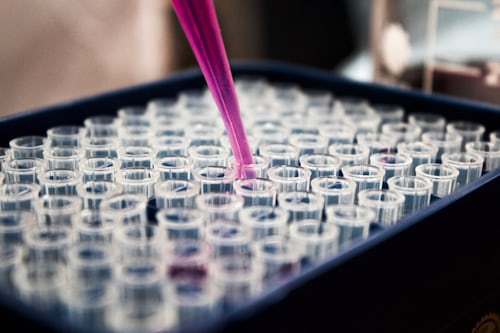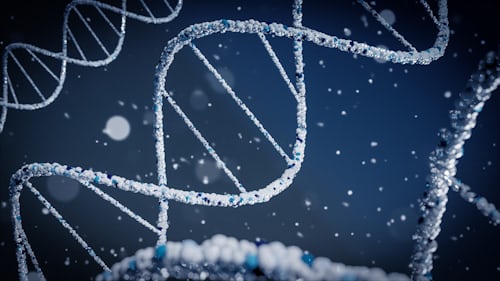
If you’ve been to a doctor, you’ve probably had tests done to look for ailments or abnormalities. The doctor requests the test, but who actually performs it? Medical laboratory technicians help doctors diagnose and treat illnesses by carrying out tests on tissue, blood, as well as other bodily fluids. These tests could aid in the diagnosis of infections, blood disorders, immune disorders, and a wide range of other medical problems. Most medical lab technicians are employed in hospitals or general practitioners’ offices.
What Is the Role of a Medical Lab Technician?
What exactly does a lab technician do? Medical laboratory technicians are vital in the prevention and treatment of diseases such as cancer, kidney disease, and AIDS. They can provide crucial data that a doctor can use to provide care to a person by testing specimens for abnormalities. Medical lab technicians perform laboratory tests on specimens such as blood samples or tissue biopsies under the guidance of a physician, lab manager, or medical technologist. The tests performed by lab technicians aid doctors in determining the reasons for the illness, making medical decisions, and establishing treatment options.
What are Their Duties?

Medical lab technicians prepare specimens, match blood suitability for transfusions, analyse fluid chemical content, obtain samples of blood, and scrutinise immune system aspects. Technicians must operate sophisticated lab equipment malaysia such as cell counters, microscopes, and automated analyzers. These instruments are used to detect parasites, bacteria, and other microorganisms. Medical laboratory technicians perform simpler procedures and tests than medical laboratory technologists.
Areas of Expertise

You can choose to specialise in a specific field of medicine in addition to working as a general medical lab tech. This would allow you to specialise in a certain kind of laboratory test. Medical lab technicians can specialise in a variety of fields, including:
- Microbiology is the research of small organisms such as viruses or bacteria. Microbiology medical lab technicians will perform tests to help identify the species of virus, bacteria, or fungi that a patient is diseased with.
- Hematology is the branch of medicine that deals with the diagnosis and treats blood diseases. Blood samples will be analysed by medical lab technicians working in haematology labs to detect abnormalities.
- Blood banking: Blood banking medical lab technicians help collect donated blood, determine its type, assess it for illnesses, and then distribute it as required by physicians.
- Immunology is the medical specialty that deals with the immune system, and immunology lab technicians perform diagnostic tests to evaluate the function of a patient’s immune system.
- Clinical chemistry: In a clinical setting, medical lab technicians will perform tests to analyse biochemical dysfunctions or illnesses that cause altered metabolism.
- Molecular biology: Medical lab technicians in this specialty can sequential a patient’s DNA to trace genetic conditions or assess the genotype of cancer cells within a tumor to enable doctors to figure out how to treat the cancer.
- Cytotechnology is the process of examining a patient’s chromosomes to detect large-scale abnormal development in their DNA. Medical lab technicians in this specialty will assist in the preparation and staining of cells for karyotyping.

Leave A Comment